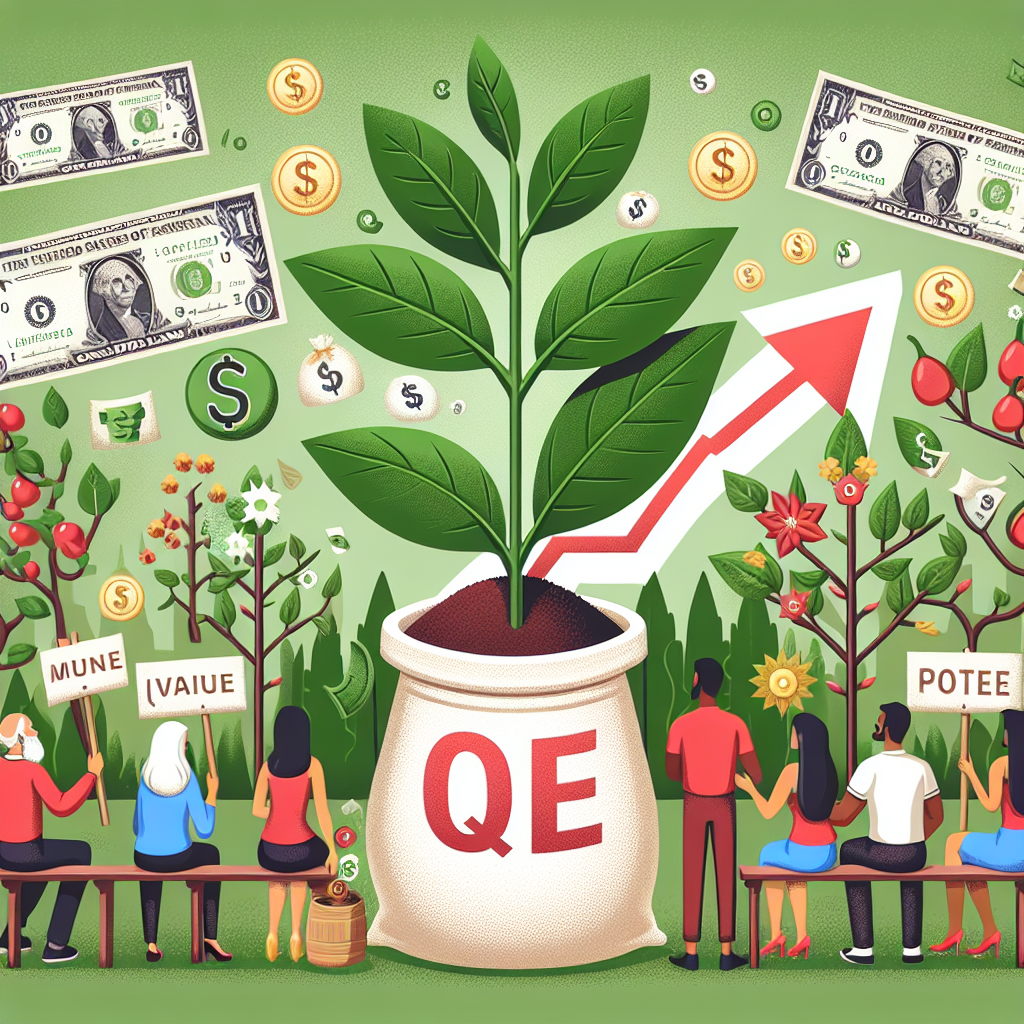
What Is Quantitative Easing and Why Should You Care?
Understanding Quantitative Easing: A Guide for Everyday Investors In the complex world of finance and economics, terms like “quantitative easing” (QE) often seem abstract or reserved for policymakers and economists. However, understanding what QE is and how it impacts the broader economy is crucial for everyday individuals, investors, and anyone interested in financial stability and…
Read More
Tracking Insider Trading: What Can It Reveal?
Understanding Insider Trading: A Deep Dive into Its Significance Insider trading has long been a topic shrouded in intrigue and controversy within the financial world. While the term often conjures images of illicit activities, it’s crucial to understand that not all insider trading is illegal. This blog explores what insider trading entails, how tracking it…
Read More
Understanding the VIX: The Market’s Fear Gauge
Introduction: Unlocking the Secrets of the VIX In the fast-paced, often unpredictable world of financial markets, investors are constantly seeking tools to gauge market sentiment and manage risk. One such essential tool is the VIX, commonly known as the “Fear Gauge.” But what exactly is the VIX, and how does it provide insights into market…
Read More
Inflation Explained: Causes, Effects, and Protection
Understanding Inflation: Causes, Effects, and How to Protect Yourself Inflation is a term frequently heard in economic discussions, news reports, and even everyday conversations about the economy. However, despite its common usage, many people seek a clear understanding of what inflation truly is, what causes it, its impacts on individuals and the economy, and how…
Read More
Breaking Down the Latest Federal Reserve Report: What It Means for the Economy and Your Finances
Introduction The Federal Reserve, often referred to simply as “the Fed,” is one of the most influential financial institutions in the world. Its decisions about interest rates, monetary policy, and economic projections have profound effects on the economy, financial markets, and individual finances. Recently, the Fed released its much-anticipated quarterly report, providing insights into the…
Read More
The Pros and Cons of Margin Trading: A Comprehensive Guide
Introduction to Margin Trading In the world of investing and trading, margin trading has become increasingly popular among both novice and experienced traders. It offers the potential to amplify gains but also comes with significant risks. Understanding the intricacies of margin trading is essential for anyone interested in leveraging their investments safely and effectively. This…
Read More
How Geopolitical Conflicts Affect Currency Markets
Introduction In today’s interconnected global economy, geopolitical conflicts have become an unavoidable reality that significantly influences financial markets worldwide. Among these, currency markets—or forex markets—are particularly sensitive to geopolitical tensions. Understanding how geopolitical conflicts impact currency valuations is essential for investors, policymakers, and everyday traders. This article explores the intricate relationship between geopolitical conflicts and…
Read More
What Is Quantitative Easing and Why Should You Care?
Understanding Quantitative Easing: A Guide for Everyone In the world of economics and finance, some terms can seem complex and intimidating—quantitative easing (QE) being one of them. However, understanding what QE is, how it works, and why it impacts everyday life is easier than you might think. Whether you’re a seasoned investor, a curious student,…
Read More
O Melhor Site para Comprar Seguidores para Facebook: Seguidores-Fast.com.br
Se você está buscando aumentar sua popularidade no Facebook de forma rápida e segura, o site Seguidores-Fast.com.br é a solução ideal para você! Com uma plataforma confiável e serviços de qualidade, eles garantem seguidores reais e engajamento de verdade para o seu perfil ou página. Por que comprar seguidores no Seguidores-Fast.com.br? Como funciona o processo?…
Read More
What Is Technical Analysis and Why It Matters
Understanding Technical Analysis: The Key to Smarter Trading In the fast-paced world of financial markets, traders and investors are continually seeking tools and strategies to gain an edge. One of the most widely used and effective methods is technical analysis. Whether you’re an aspiring trader or a seasoned investor, understanding what technical analysis is and…
Read More